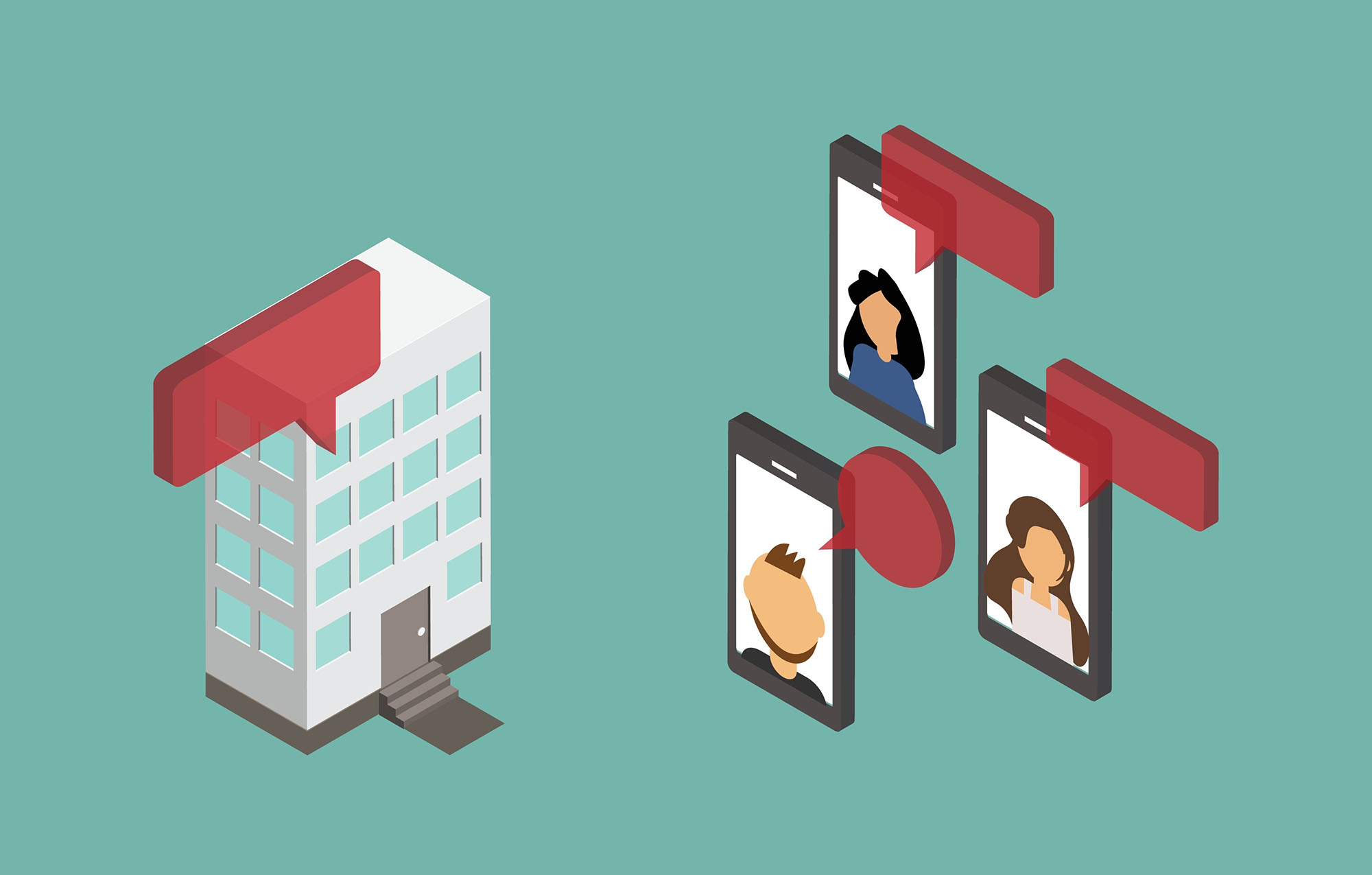
A Total Population Solution

Leader’s Edge caught up with Shields, head of employee benefits at Equitable, to discuss the evolution of employee benefits, particularly for workers in the gig economy, and what’s key for benefits brokers to understand about this non-traditional segment of workers, which continues to grow in popularity.
Sixty-five percent of net new jobs have been created by small businesses since 2000. But in the first few months of the pandemic, an unprecedented number of small businesses closed. The number of working business owners plummeted from 15 million in February 2020 to 11.7 million in April 2020 due to COVID-19 mandates and health- and economic-driven demand shifts, according to a 2020 research paper published in The Journal of Economics & Management Strategy.
But the pandemic also sparked a wave of innovation and launched a generation of entrepreneurs. According to U.S. Census Bureau data, entrepreneurs applied for 4.3 million new business identification numbers in 2020, which is 24% more than in 2019. In addition, there are 68 million independent workers in the workforce today, which is equal to 27% of the working age population. Nearly three quarters of people engage in independent work by choice, and close to half of freelancers earn their primary income from gig work.
What’s important for benefits providers to know is that U.S. workers that are not at a traditional workplace still have many of the same needs. But it is critical to understand who they are as well as how and where they like to buy. It’s also important to identify the common affiliations for this workforce so we can offer them a similar set of services, resources and tools they would get through a traditional workplace arrangement. Because gig work is growing in popularity, there are new associations and platforms that are serving these workers, and partnering with these entities could make accessing this disparate group of people easier.
Understanding the population dynamics and the people you are trying to serve is paramount. This holds true across all worker types, whether they are full-time W-2 employees, part-time, or contract workers. What’s going on in their environment? What are their specific challenges? What are their needs? What is most important to them? What benefits are most helpful—traditional insurance, flexible work policies, paid time off, paid parental leave, floating holidays, workplace perks, childcare, continuing education support, etc.?
Additionally, an understanding of what other companies offer workers in that segment is important. Benefits can help companies compete for talent in this red-hot market, where 65% of employees are looking for a new job, according to a recent PwC Pulse Survey. Employees across the board are also in search of better wages, benefits, career advancements and flexibility. As it relates to traditional insurance products, portability of benefits is also very helpful. Portability ensures benefits are tied to the worker instead of the employer.
Our goal is to be consultants to our broker partners. We seek to understand them and to respond to their needs. Proactively, we look to share information about trends in the workplace. What are the hot topics they need to be aware of to deliver value to their clients?
We encourage our broker partners to share as much as they can with us about their clients and the challenges they are facing. We discuss the resources and support that we have available that can address some of their challenges. We seek to understand how these fit into the holistic benefits package they are looking to offer. If there is something that is needed but it’s not an offering we provide, we frequently make recommendations or intros to other parties that could be a resource.
Our workforces have never been more diverse. Therefore, it is important that employers invest in understanding how their entire business model—from their mission and vision to their organizational priorities, all the way down to their day-to-day operations—either fosters or hinders inclusion and equity.
Employee benefits, in my mind, encompass policies, products and services that meet employees where they are. It’s about being responsive to the total person—their emotional, physical, social, occupational, financial, environmental, spiritual, cultural and intellectual well-being.
Life insurance not only provides death benefits; it can also be an investment tool that people use to build wealth during their lifetime. It can help to create a more equitable society because it is readily accessible, whereas other wealth-building tools, like homeownership, have not always been available to lower-income individuals or BIPOC (black, indigenous and people of color).
Stephanie Shields is the head of employee benefits for Equitable.




